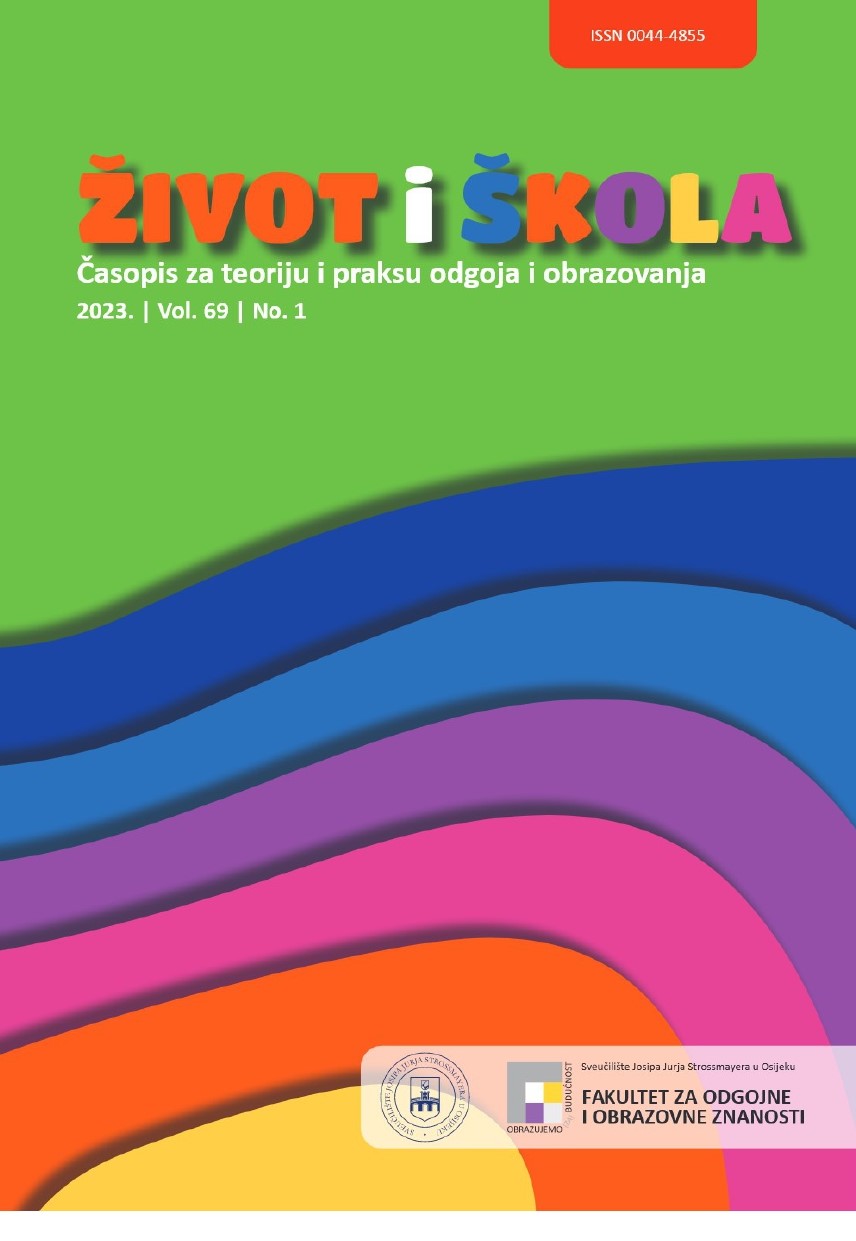FORMATIVE ASPECTS OF EVALUATION IN EDUCATION
DOI:
https://doi.org/10.32903/zs.69.1.8Keywords:
formative evaluation; metacognitive skills; classroom atmosphere; self-regulation of learningAbstract
The topic of evaluation holds an important place in the educational process. Modern teaching presupposes a holistic approach to monitoring and evaluating student achievements, and this leads to an individualized approach to each student. Individualization of teaching and evaluation enables students to develop their personal potential. According to national documents, education should be based on the pedagogy of success, and student success should be measured in relation to their initial state. Assessment should be done in cooperation with students, which assumes that students become active participants in the educational process. Assessment is learning oriented and as such should provide the learner with quality feedback based on the evidence gathered during monitoring. The information about the student’s progress that the teacher puts in front of the students and parents should be clear and easy to understand for all parties in the learning process. It is desirable to encourage students to develop self-evaluation skills, which would develop students’ awareness of their own knowledge. Consequently, it will have an impact on their lifelong learning. At the same time, it is necessary to support students in acquiring a positive self-image. By encouraging them to reflect on their cognitive processes, students are guided to develop work planning and independent decision-making skills about further learning steps.
The collection of information about the student’s learning process and their current achievement and the interpretation of this information should be the basis of the teacher’s further lesson planning. To a student, it is valuable information for their further learning plan. This form of evaluation implies a formative approach to evaluation. This paper assumes that formative evaluation, as a form of continuous monitoring of student achievements, improves the classroom atmosphere and is related to successful self-evaluation of students. Furthermore, the necessity of applying formative evaluation is highlighted, and the current forms of external evaluation in Croatian education are described. The connection between external evaluation and internal evaluation of students is also considered. Finally, based on the reviewed literature, the author presents limitations and offers recommendations for further research.


